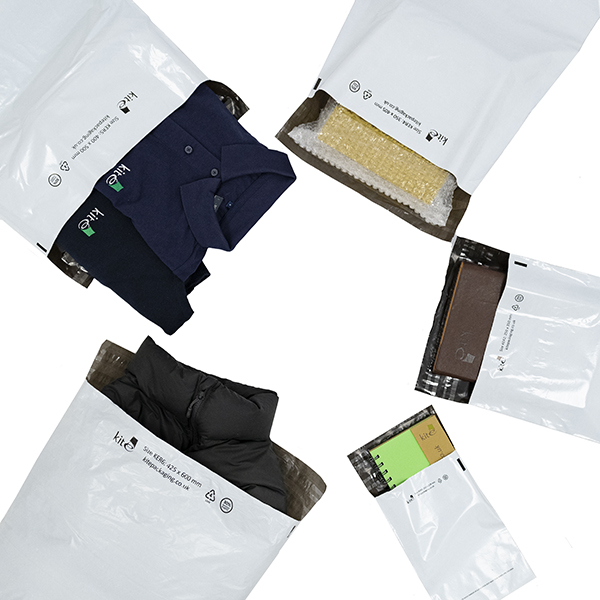Packaging machinery specialist Hugo Beck is seeing a strong demand for its servo X e-com range. The combination of high speeds, ease of operation, optimised machine accessibility and the flexibility in processing a variety of film types, together with the ability to minimise material usage make it a firm favourite with e-commerce, mail order and logistics customers.
Whether dealing with the direct dispatch of individual goods, packing multi-pack products, or meeting the complex requirements of returned goods packaging, the servo X e-com ensures products are packed with the lowest amount of material needed, automatically adjusting the film bags with four sealed sides to the product’s length. As an addition, the servo X e-com fit model also adjusts the bag size to the product’s width, to support the precise fitting of shipping bags.
Meeting the shift in demand for sustainable film packaging, the servo X e-com is capable of processing a diverse range of recyclable material types, from PE flat films from 30 to 100 μm thickness, through to recycled content films which can often contain for example up to 80% Post-Consumer Recycled (PCR) material.
“With sustainability now a key driver in the packaging industry, manufacturers in the e-commerce sector are looking for reliable film packaging systems which can optimise the efficiency of their operations and thereby save on resources,” says Timo Kollmann, Managing Director of Hugo Beck.
Various types of packaging
“At Hugo Beck, we realise that with certain applications, film packaging remains the best material of choice – hence why we wanted to make sure the servo X e-com can handle various film types including recycled content film. As more customers seek out alternative materials, at Hugo Beck this switch has never been easier. Films with a high percentage of recycled material can still be processed just as efficiently, making it simple for those looking to alternate between different film types without complication. This, combined with our paper packaging machines, ensures e-commerce customers have access to high-functioning, sustainable automated packaging solutions.”
Another valued feature is the servo X e-com machines’ outstanding accessibility and ease of operation. As packers only have a short window of time to fill packages with individual or multiple products, it is vital that each manoeuvre is executed precisely. High efficiency is achieved through the servo X e-com’s built-in scanner with a controller for product detection and creation of a shipping label, which is continuously dispensed directly onto the film without an external applicator, whilst maintaining high speeds. This labeller is movable, along with other easily accessible machine parts.
At the same time, the servo X e-com packaging machines include the option to add an easy-opening perforation to the bags as well as inserting a double-sided adhesive tape for resealing a bag for returns as well as adding a carry handle.
Additionally, the servo X e-com is industry 4.0 ready and syncs seamlessly with ERP or control systems enabling the easy integration within a production line. As an option, it can be supplied with the Hugo Beck Cockpit software which monitors and analyses the machine’s performance and operating data.
Handling the entire bagging process in one unit, from barcode scanning to product measurement, bagging and sealing, to application of corresponding shipping labels, the servo X e-com range is ideally equipped to provide secure but appealing shipping bags that are ideal for the fast-paced e-commerce industry.








